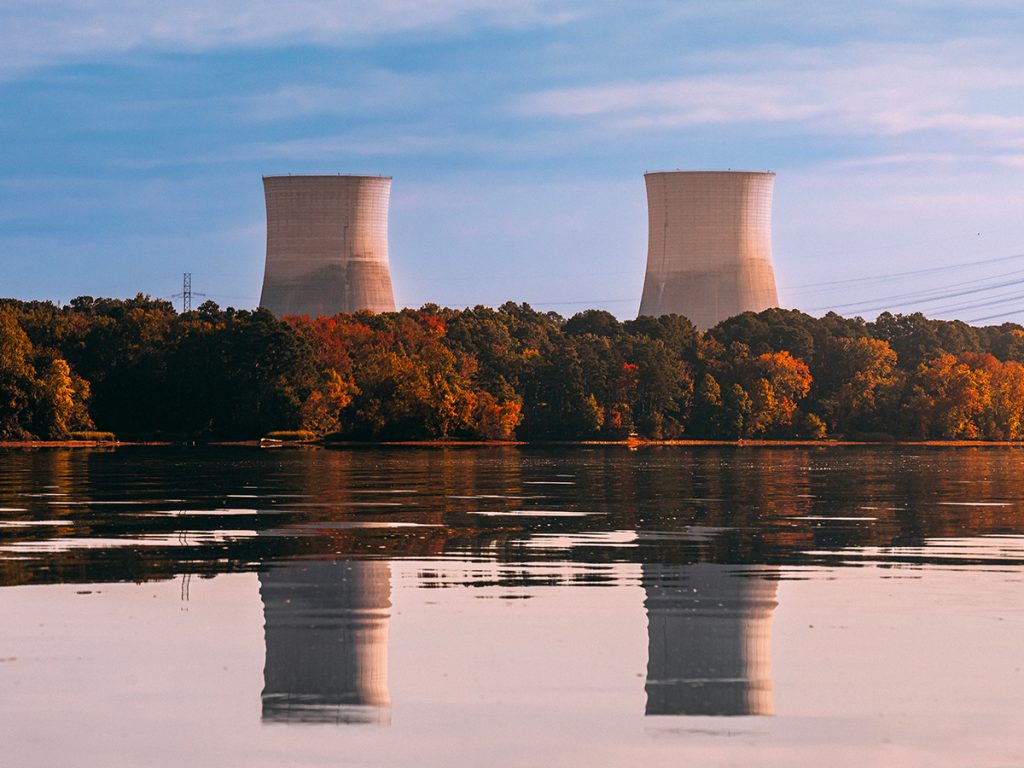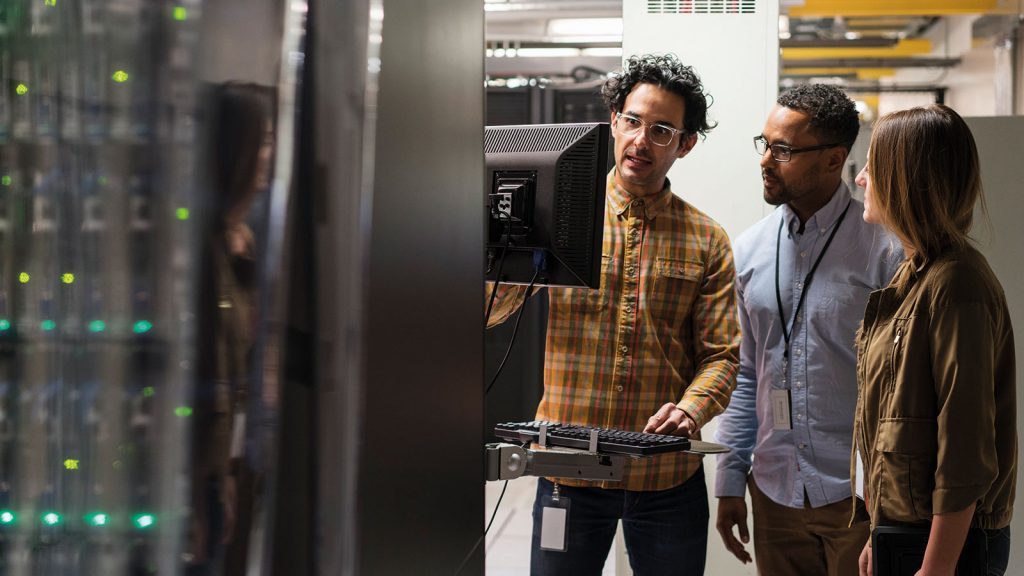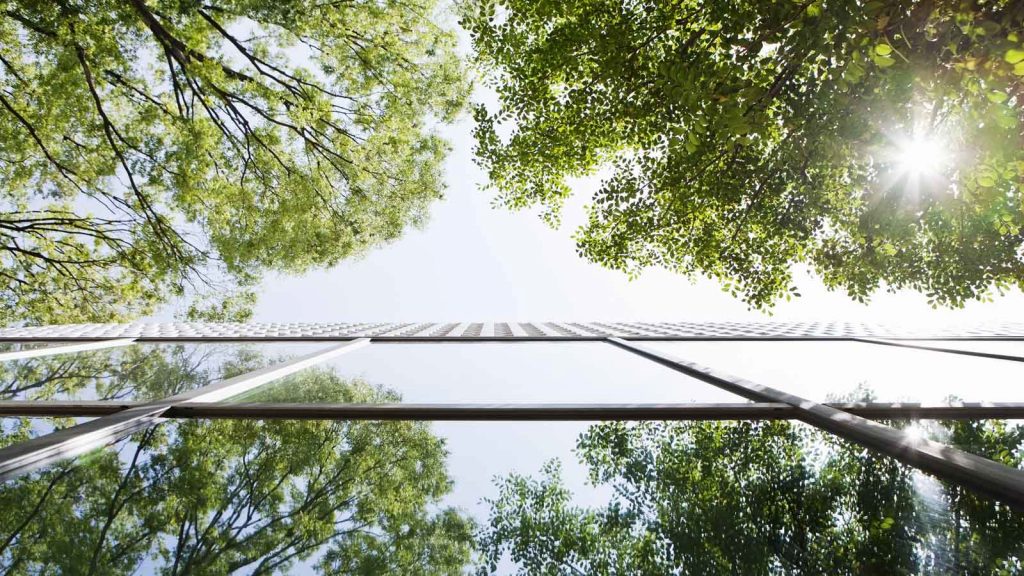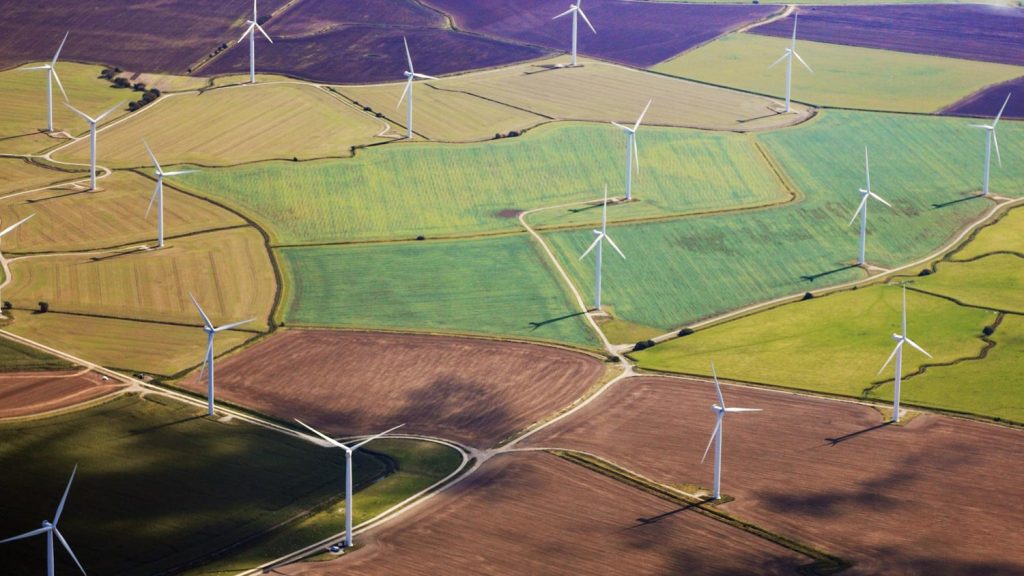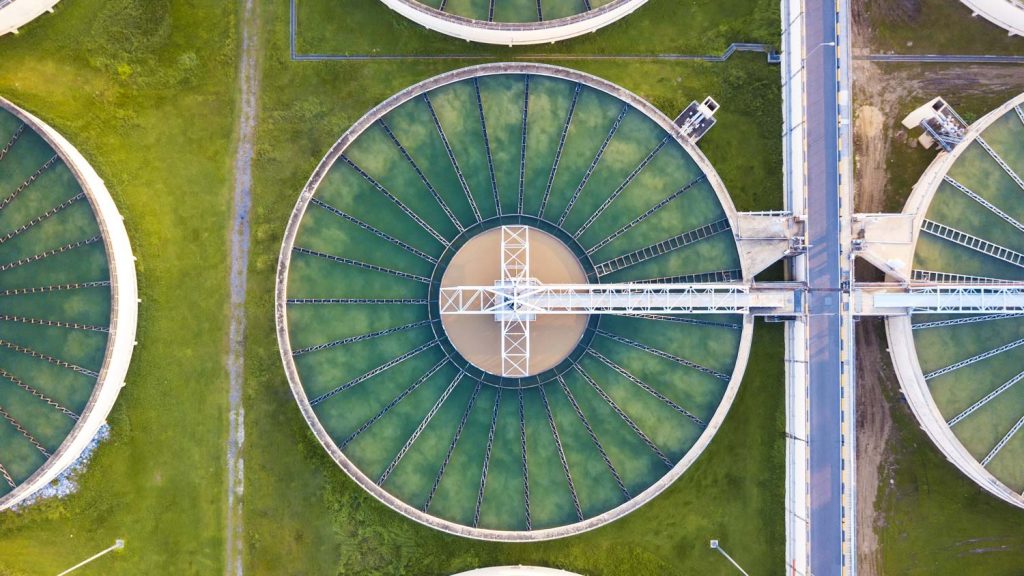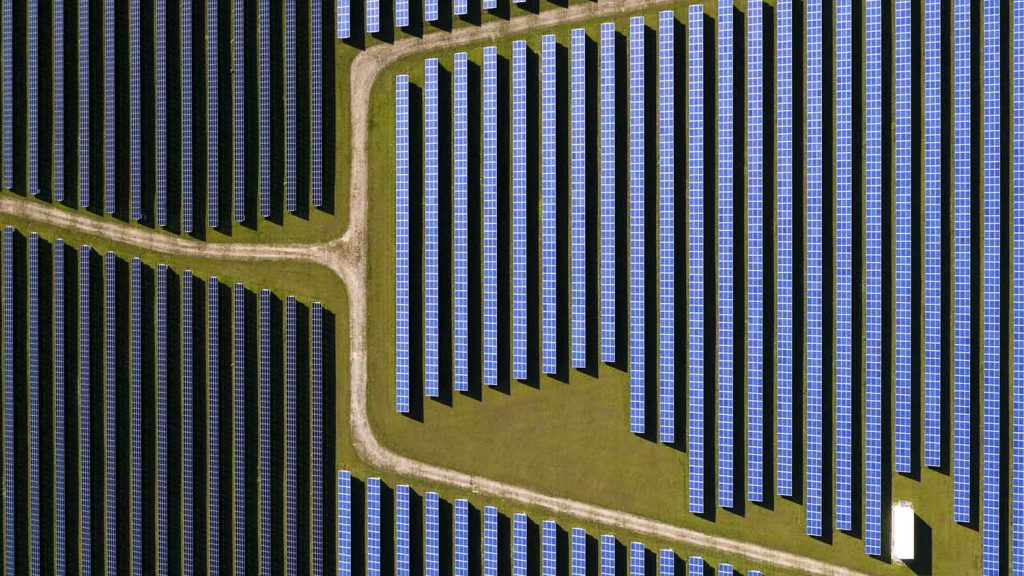Energy transactions | 4 March 2020
A few weeks ago, I attended a really interesting seminar
presented by colleagues across Mazars entitled “How to avoid bad deals”. The
seminar was sector-agnostic, reflecting the broad experience across the firm of
working on transactions. It was divided into four sections, each delivered by
colleagues from different financial advisory teams:
- Valuation – ensuring that the valuation is based on solid assumptions and accounts
properly for risk;
- Diligence – focusing on some key issues
that tend to come up specifically in the financial due diligence process;
- Deal
structuring – ensuring that risk is transferred appropriately through terms
in the SPA, but also more fundamentally thinking about the structure and timing
of consideration; and
- Clawback – if something does go wrong in the deal, ensuring that there is scope to make
a successful claim.
The seminar got me thinking what a similar session might
look like focused on the renewable energy sector, especially looking at project
acquisitions.
We will follow up with a series of articles looking at the above
themes, but first three general observations:
First, the renewable energy
sector has experienced its fair share of bad deals
Sometimes, these can be spectacular.
Sometimes, just a matter of investments falling short of expectations. There
have been significant construction
delays and disputes.
Some projects have been over-leveraged and gone into distress.
Second, some sub-sectors and
geographies have seen particular systemic issues that go beyond individual
projects
Higher than expected wake
effects across portfolios of offshore wind farms is unlikely to be an issue
faced only by Orsted. Several projects in the UK anaerobic digestion sector
have faced operational issues tied to feedstock quality. Solar projects in
Spain and Italy have had to deal with retrospective
tariff cuts or tax increases. Across the wind and solar sectors, there were
historic suspicions that energy yields had systematically been overestimated.
Power prices across markets are materially down on expectations a few years
ago.
Third, the sector has actually been
good at learning lessons from failures – especially legal and technical.
The process of
maturing in a sector is well illustrated by the offshore wind sector, where
early contractor issues relating to cables led to new contracting and ownership
structures. The technical assessment of solar or wind resource has become more
accurate, learning from data points. And investors are becoming more
sophisticated, analysing more scenarios, and subjecting acquisitions to more
investment scrutiny.
But the chance of a bad deal may
be going up as investors are forced to take more risks.
Although
investors are now more familiar with the particularities of renewable energy
projects, the chance of bad deals occurring may actually be increasing in an ever
more competitive environment where to succeed in auction processes, investors
are having to stretch forecast assumptions or take more risks.
In this series of articles, we will look at ways to avoid bad deals. But it could be that sometimes the right answer is not to do the deal in the first place and to hold out for better value.
